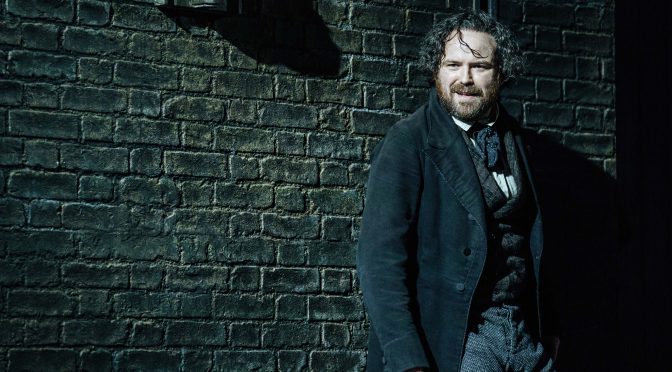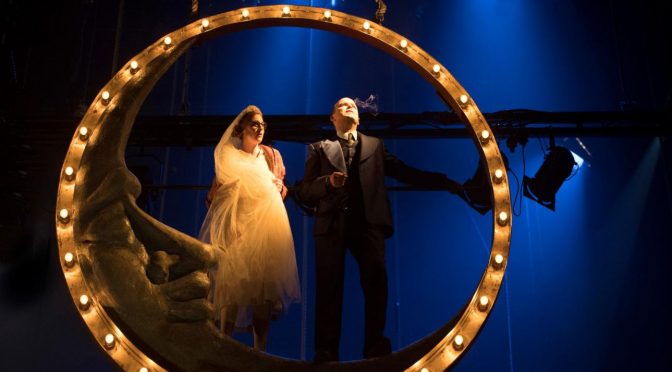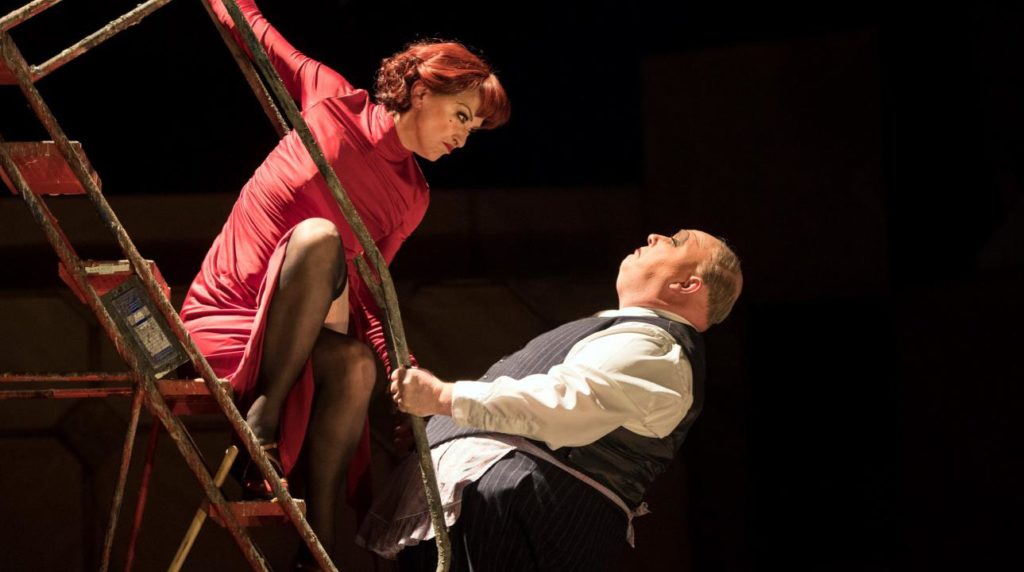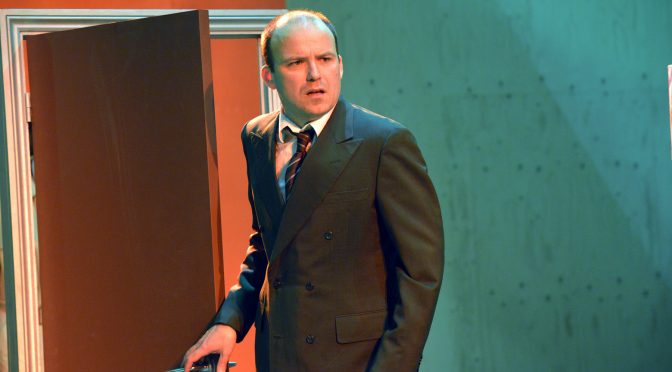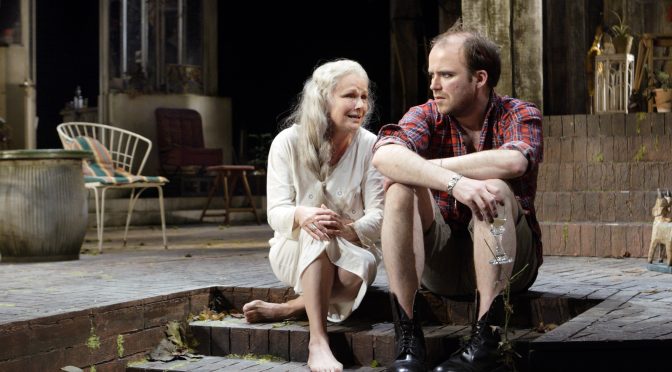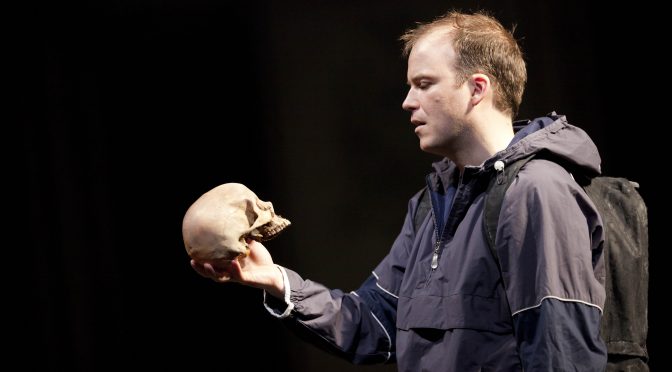There’s nothing more exciting than a new theatre. And, bearing in mind that Nicholas Hytner’s new venue is the biggest in London for a long time, its opening night is a major cultural event to really celebrate. In truth, it’s a bit of a box of place – in one of those luxury housing developments you wish you could afford but wouldn’t live in if you could – trying hard to be swish (expensive sarnies) and smelling a bit too new. But the play’s the thing and, to open his new home Hytner, has collaborated with regular favourites to deliver a real crowd pleaser.
The true history of Karl Marx’s early years living in London is fascinating, with a fact-stranger-than-fiction appeal – it seems that Marx was an expert in economics but couldn’t handle his own money. The lead role provides an enviable part for Rory Kinnear, who embraces this larger-than-life, Bohemian (yes, really) philosopher. With One Man Two Guvnors and Dead Ringers writers Richard Bean and Clive Coleman at work, the play is, as you would expect, good, old-fashioned funny.
With the excellent Oliver Chris as Friedrich Engels, the two revolutionaries make a comedy double act. They even have a piano, until the bailiffs call and, as invited, literally, take a chair. There’s more than a hint of the Marx Brothers here – there’s even a cigar or two. Add numerous emigrés with funny accents (Tony Jayawardena is a highlight as the impoverished family’s doctor) and you have more than enough comedy ingredients. Kinnear is even good for some slapstick. Hytner enjoys this stuff – as do audiences – and his direction is faultless.
Just to make sure all bases are covered, we get some light extrapolation of Marxist ideas to give us something to think about, and it’s pretty evenly handled, with nice touches of hindsight. And there’s pathos: the death of a Marx child is movingly portrayed. The treatment of Marx’s wife and mistress short-changes two excellent actors – Nancy Carroll and Laura Elphinstone – and it becomes hard to believe these women stuck around. And there is angst: that Marx fears unleashing the “virus of hope” with his writing is an interesting idea, but we need to see more of Marx’s power, rather than just being told about it. Maybe that would have made things too serious?
Young Marx tries hard to be a hit – and it deserves to be one. Even with the best reputation and address book in the business, starting a new commercial theatre is a brave move by Hytner and his producer Nick Starr. As new plays go, this is a pretty safe bet. But Hytner understandably has a cautious eye on commercial success. A big show to get people talking is exactly what is needed and my fingers are crossed for just that.
Until 31 December 2017
Photo by Manuel Harlan

